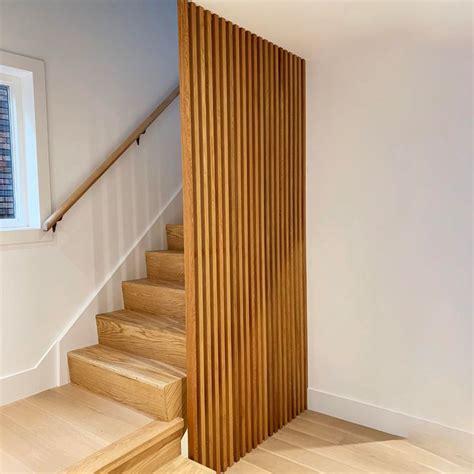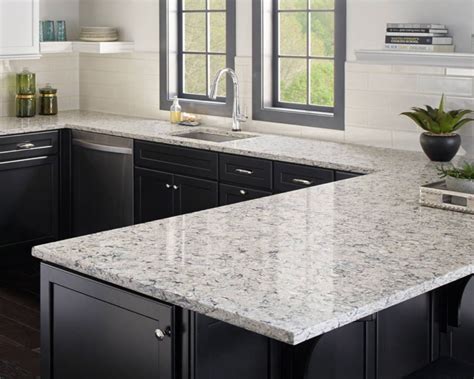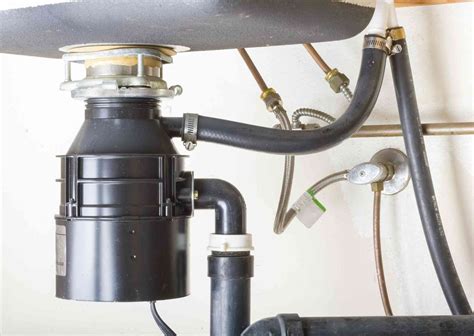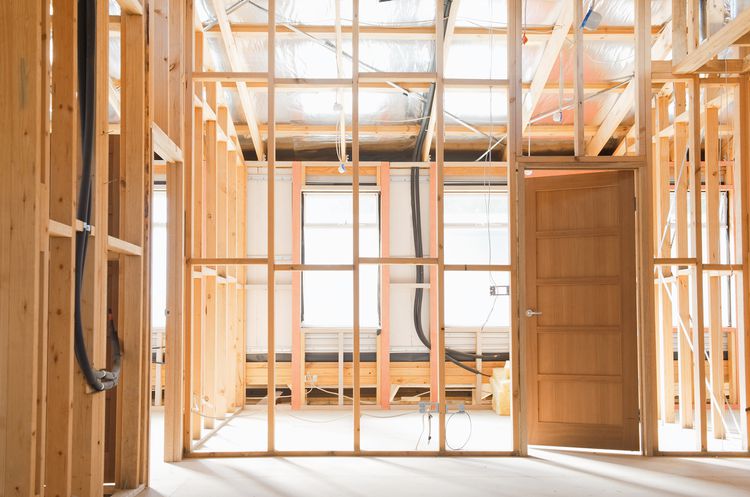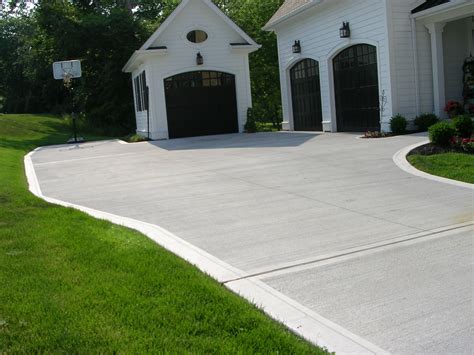
Introduction
When it comes to driveways, concrete is a popular choice due to its durability and versatility. However, it’s important to consider both the advantages and disadvantages before making a decision. In this article, we will delve into the pros and cons of a concrete driveway, providing you with a comprehensive understanding of this popular building material.
Concrete as a Building Material
Concrete is a composite material made up of cement, water, and aggregates such as sand and gravel. It is known for its strength, longevity, and ability to withstand various weather conditions. Concrete driveways offer several benefits that make them an attractive option for homeowners.
The Pros
Here are some of the advantages of a concrete driveway:
- Durability: Concrete is renowned for its long-lasting properties and can withstand heavy traffic, making it an excellent choice for driveways.
- Low Maintenance: Concrete driveways are relatively low maintenance, requiring occasional cleaning and sealing to maintain their appearance and protect against stains.
- Customizable: Concrete can be customized in terms of color, texture, and pattern, allowing homeowners to create a unique and visually appealing driveway.
- Weather Resistance: Concrete is highly resistant to weather elements such as extreme temperatures, UV rays, and moisture, making it suitable for various climates.
- Longevity: When properly installed and maintained, concrete driveways can last for decades, providing excellent value for money in the long run.
The Cons
Despite its many advantages, concrete driveways also have some drawbacks to consider:
- Initial Cost: Concrete driveways may have a higher upfront cost compared to other driveway options. However, their longevity and durability often offset this initial investment.
- Cracking: While concrete is a durable material, it can develop cracks over time, especially in areas with extreme temperature fluctuations or heavy loads. Proper installation techniques and maintenance can help minimize cracking.
- Staining: Concrete driveways are susceptible to staining from oil leaks, tire marks, and other substances. Regular cleaning and sealing can help prevent and mitigate stains.
- Difficulty of Repairs: If a concrete driveway sustains significant damage or cracks, repairs can be more complex and expensive compared to other driveway materials. It may require professional assistance to ensure proper restoration.
Installation
The installation process plays a crucial role in the longevity and performance of a concrete driveway. It is essential to hire a professional contractor with experience in concrete driveway installation. Proper site preparation, compaction, and reinforcement are critical to ensure a durable and stable driveway.
Maintenance
Maintaining a concrete driveway is relatively straightforward. Here are some maintenance tips:
- Cleaning: Regularly sweep the driveway to remove debris and rinse it with water. Use a mild detergent for stubborn stains.
- Sealing: Apply a concrete sealer every few years to protect the surface from stains, UV damage, and water penetration.
- Crack Repair: Promptly address
any cracks to prevent them from expanding. Small cracks can be filled with concrete patching materials, while larger cracks may require professional repair.
Longevity and Costs
Concrete driveways are known for their longevity. With proper installation and maintenance, they can last 20 to 30 years or even longer. The initial cost of a concrete driveway may be higher than alternatives like asphalt or gravel, but its durability and minimal maintenance requirements contribute to its long-term cost-effectiveness.
Frequently Asked Questions
1. How long does a concrete driveway last?
With proper installation and maintenance, a concrete driveway can last 20 to 30 years or more. Factors such as climate, usage, and maintenance practices can affect its lifespan.
2. Can I install a concrete driveway myself?
Installing a concrete driveway is a complex task that requires professional knowledge and equipment. It is recommended to hire an experienced concrete contractor to ensure proper installation and avoid costly mistakes.
3. Can I change the color or appearance of a concrete driveway?
Yes, concrete driveways offer customization options in terms of color, texture, and pattern. Various techniques such as integral coloring, staining, and stamping can be used to achieve the desired aesthetic.
Conclusion
A concrete driveway offers several advantages, including durability, low maintenance, and customizability. However, it’s important to consider the initial cost, potential for cracking and staining, and the need for professional installation. By understanding the pros and cons, you can make an informed decision about whether a concrete driveway is the right choice for your home. Remember to consult with experienced contractors to ensure proper installation and maintenance for a long-lasting and visually appealing driveway.

